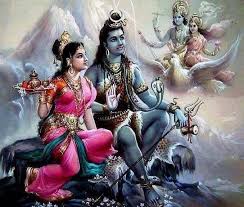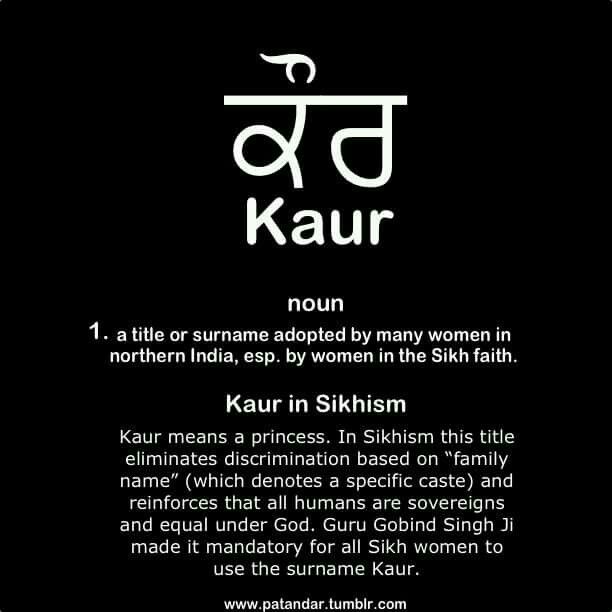Explore the rich cultural heritage and Sikh influences on Mihtar Sikhs in Maharashtra. Learn about their customs, challenges, and ongoing efforts for upliftment.
Discover the significance of the Sikh naming ceremony, NAMKARAN, where a child's name embodies community, tradition, and spiritual ideals.
Explore the story of REKH RAO and Bhana Mallan, revered Sikh figures in Kabul, whose integrity was lauded through Guru Arjan's blessing.
Discover the story of Uma, Shiva's wife, and her influence in Vedic scriptures. Learn about her roles as Devi, Durga, Kali, and more.
DASAM GRANTH (lit. the Tenth Book, generally signifying the Book of the Tenth Guru) is how the collection of compositions attributed to the Tenth Guru, Guru Gobind Singh, is named to distinguish it from the earlier work, the Adi Granth, the First or Primary Book, compiled by Guru Arjan, the fifth in the spiritual line from Guru Nanak and to which Guru Gobind Singh added the hymns of the Ninth Guru, Guru Tegh Bahadur, for bearing from adding any of his own. His own compositions were gathered into a separate volume. According to Kesar Singh Chhibbar, Bansavalinama Dasan Patshahian Ka, the two volumes sat in gurdwaras separately when in Sammat 1755 (AD 1698), Sikhs, says Chhibbar, proposed to Guru Gobind Singh that the two Granths be got bound together into one volume. But the Guru spoke, "This one is Adi Guru Granth, the root book; that one is only for my diversion.
Explore Kahn Singh's JANGNAMA LAHOW, a vivid poetic account of the 1845-46 Anglo-Sikh Wars, highlighting the valor of Sikh warriors.
Learn why 'Kaur,' meaning princess, is the common surname for Sikh women, symbolizing equality & tradition. Explore its Sanskrit origins & cultural significance.




